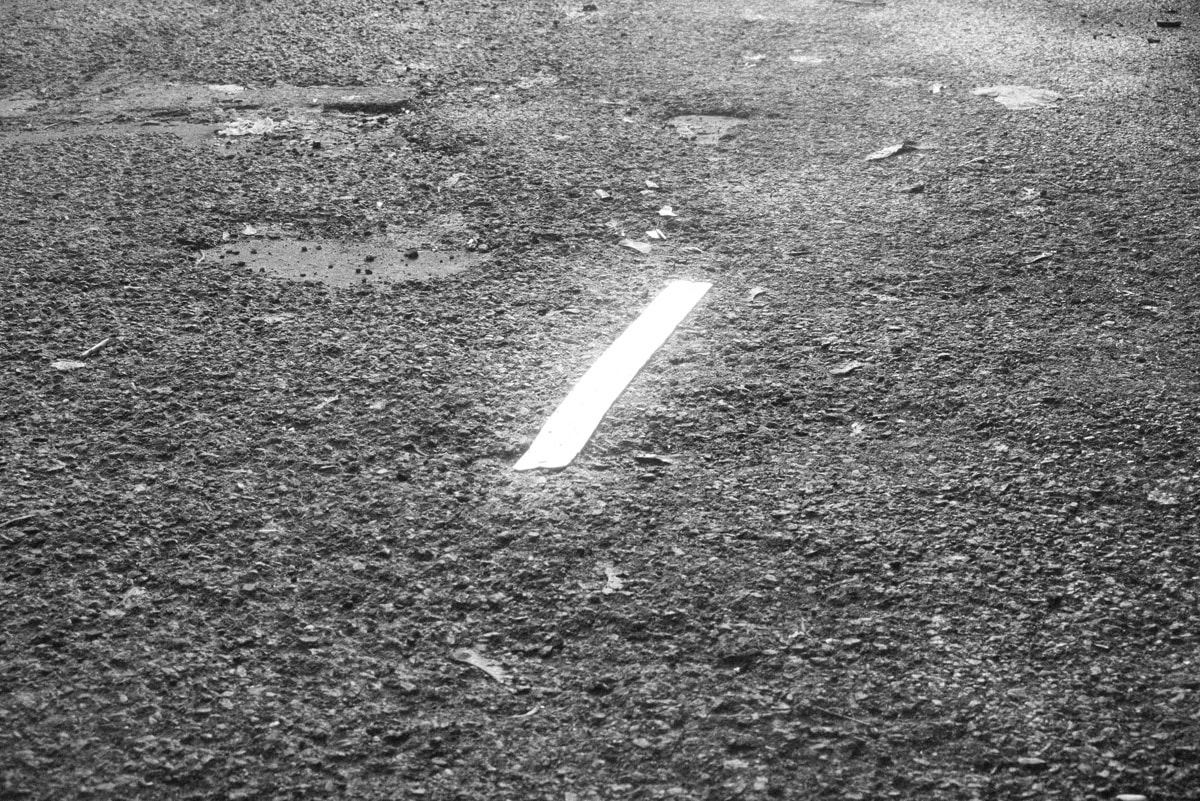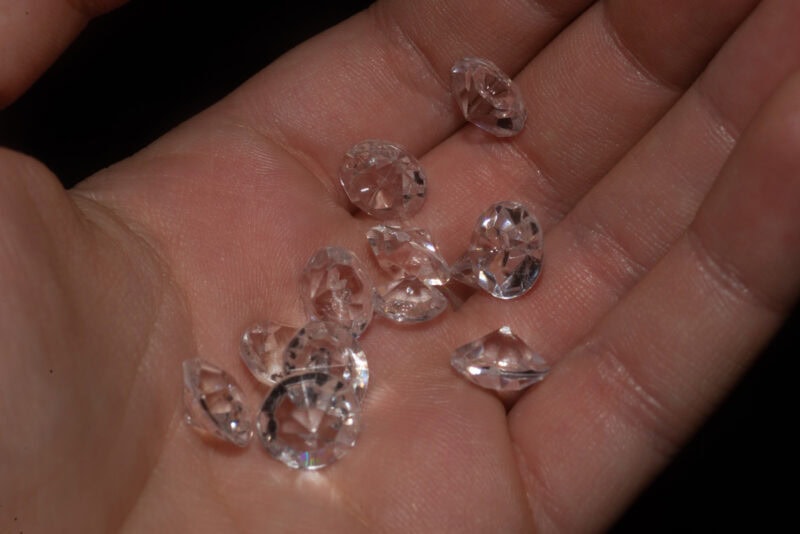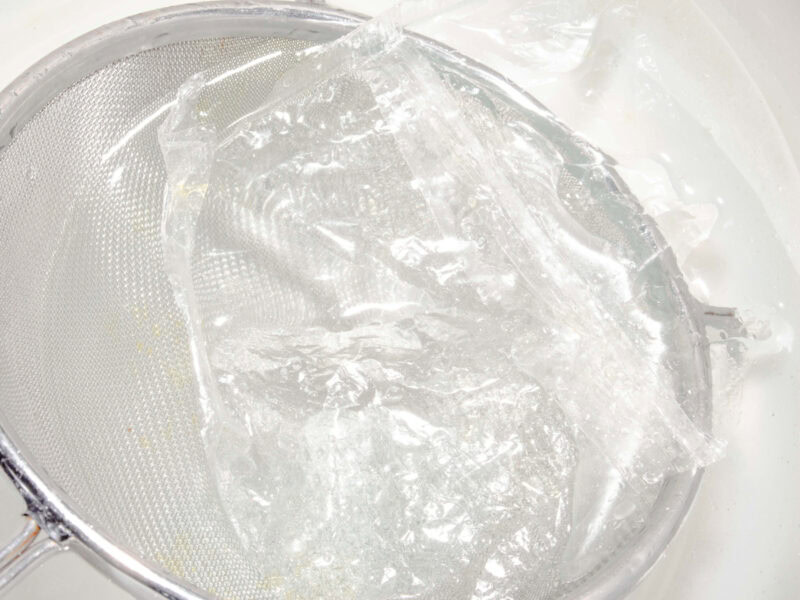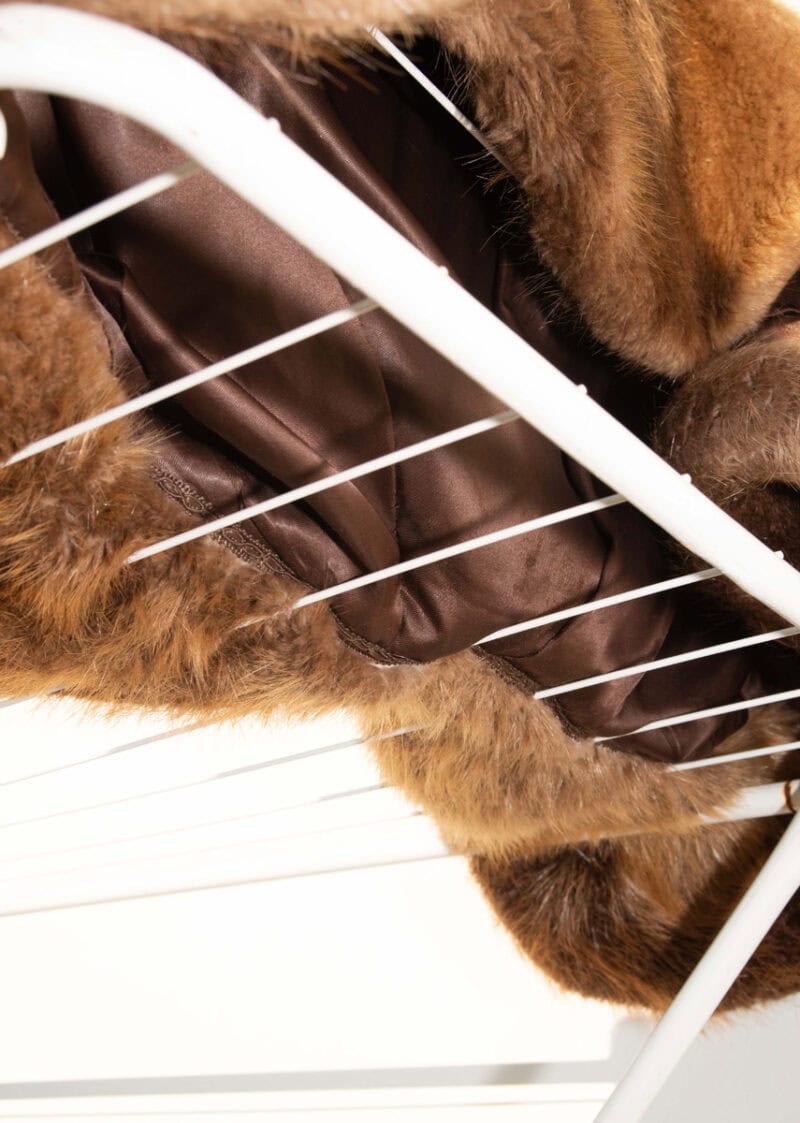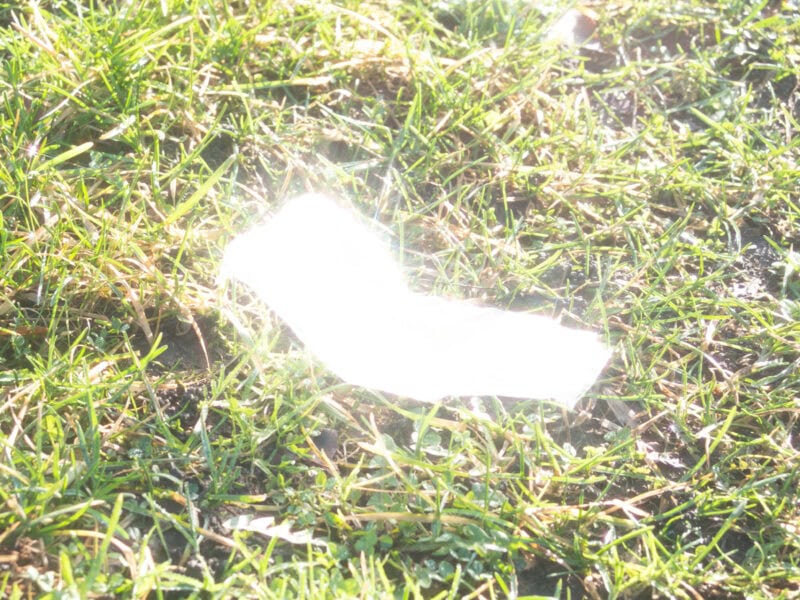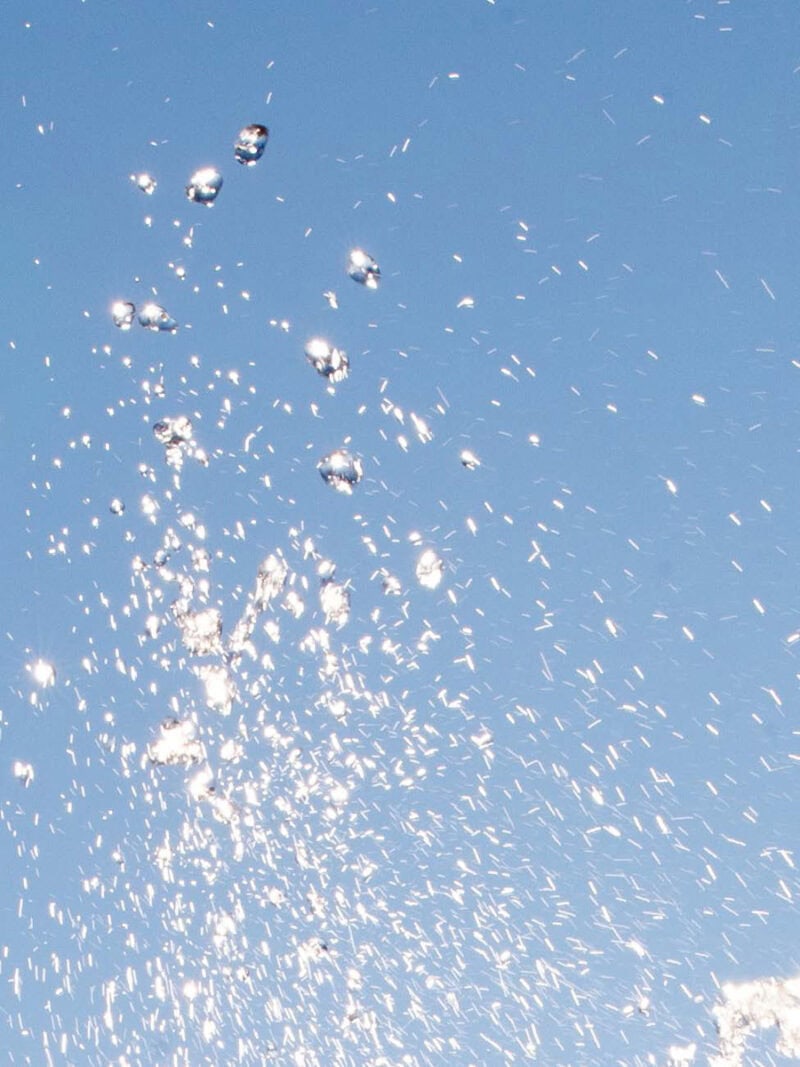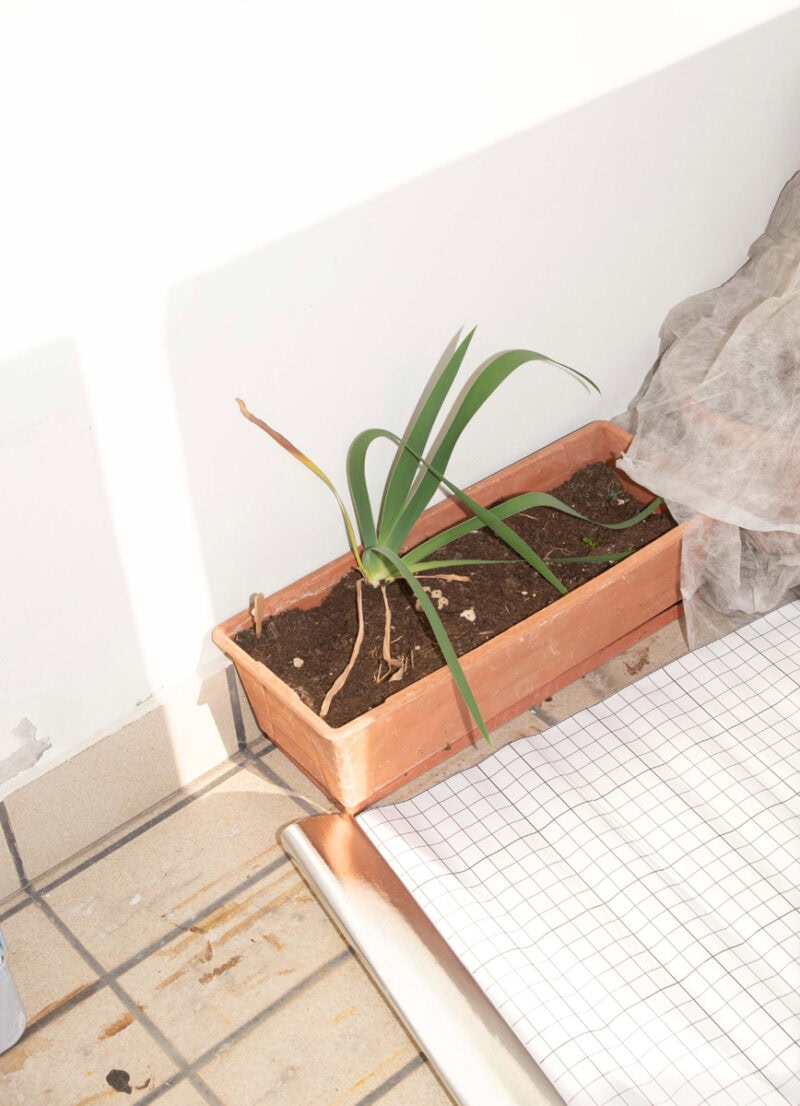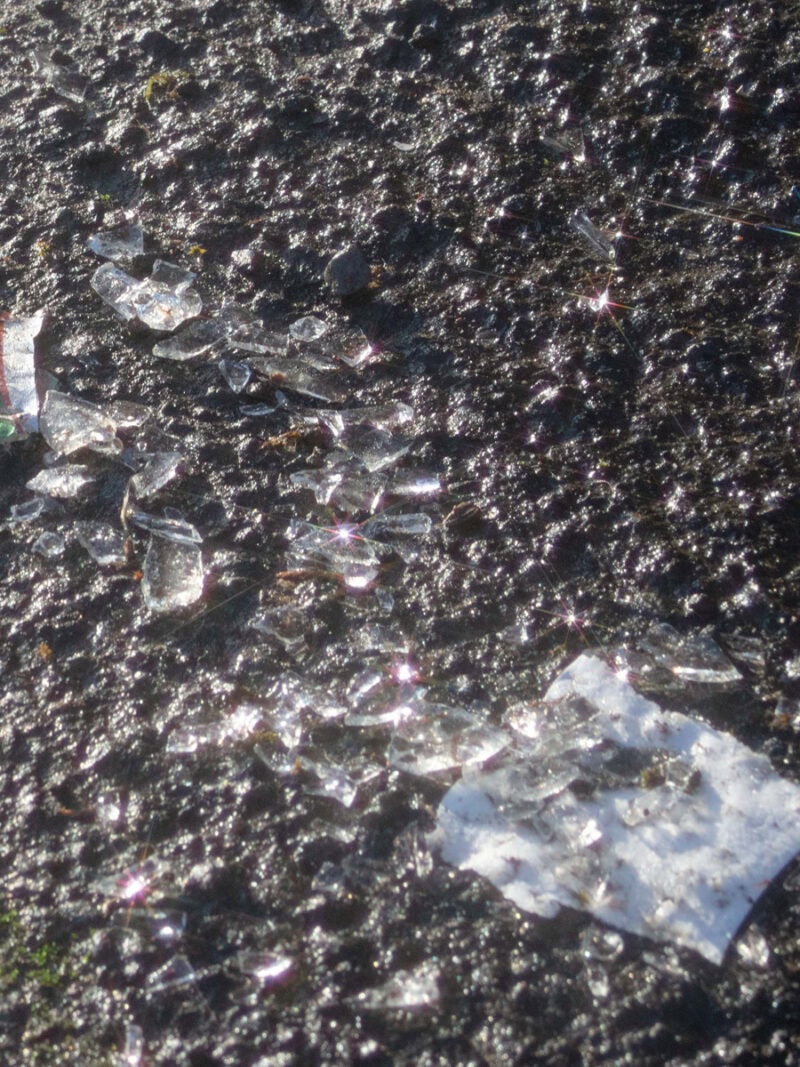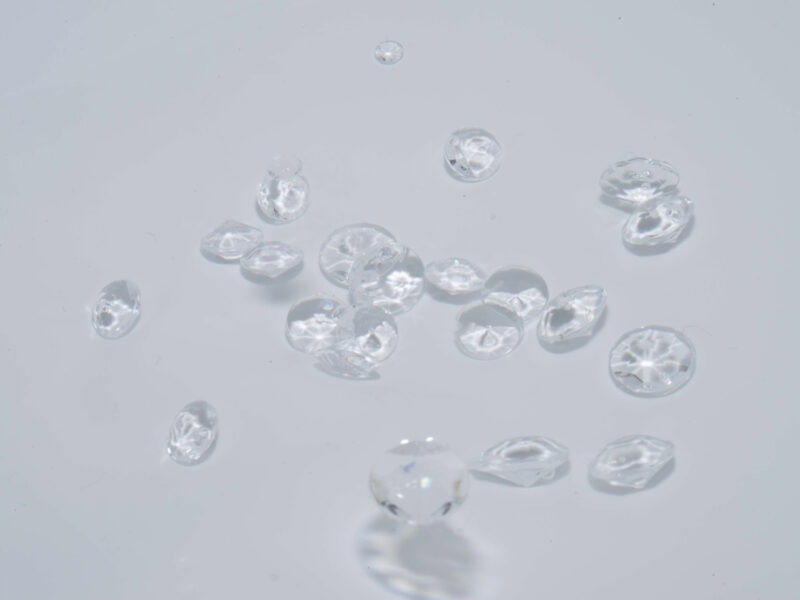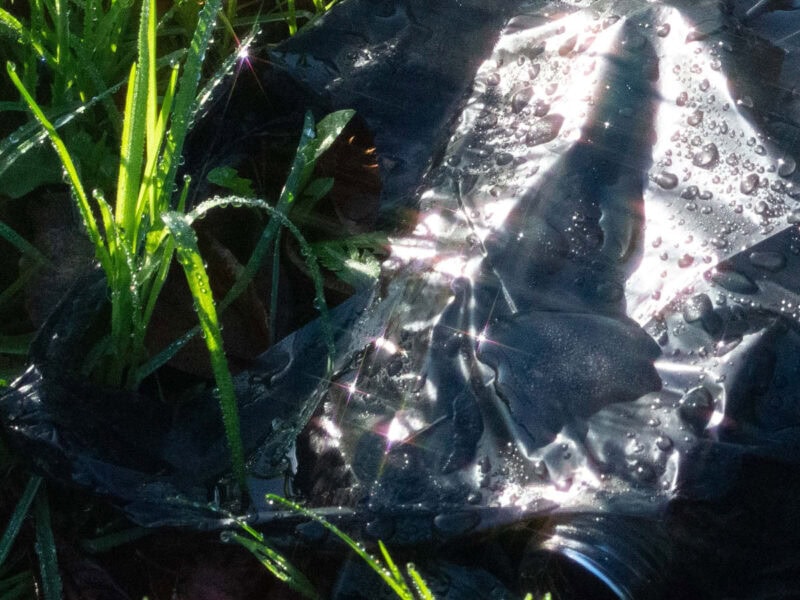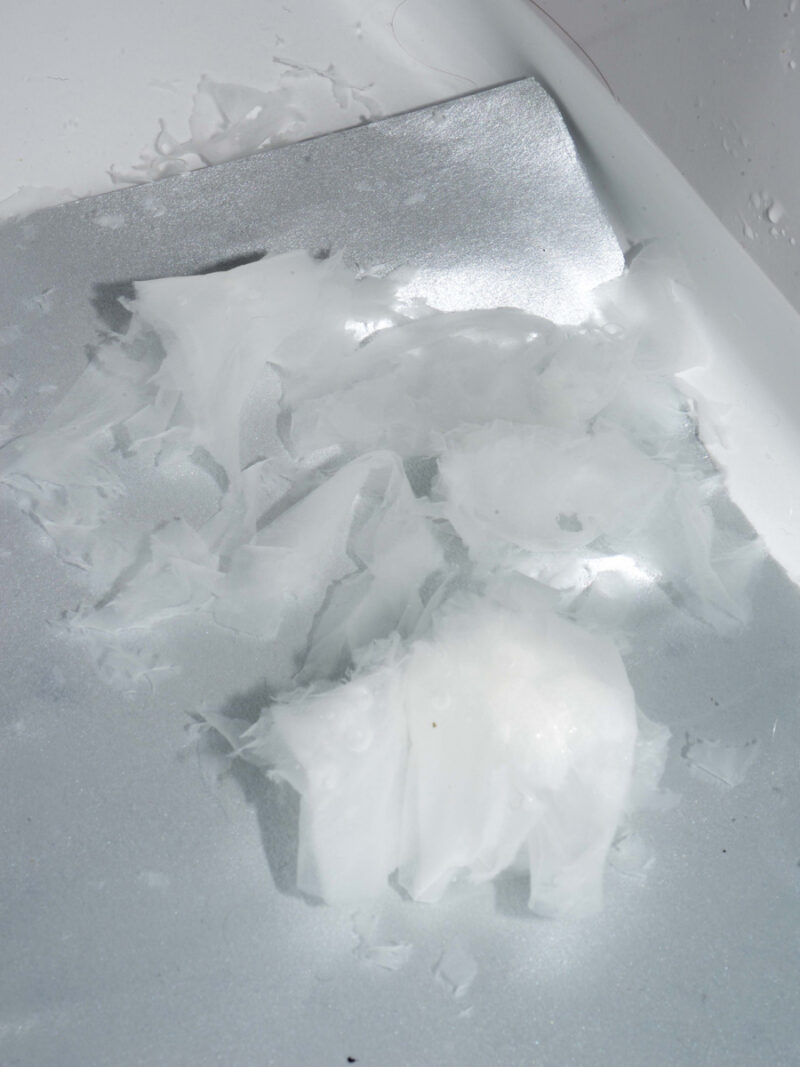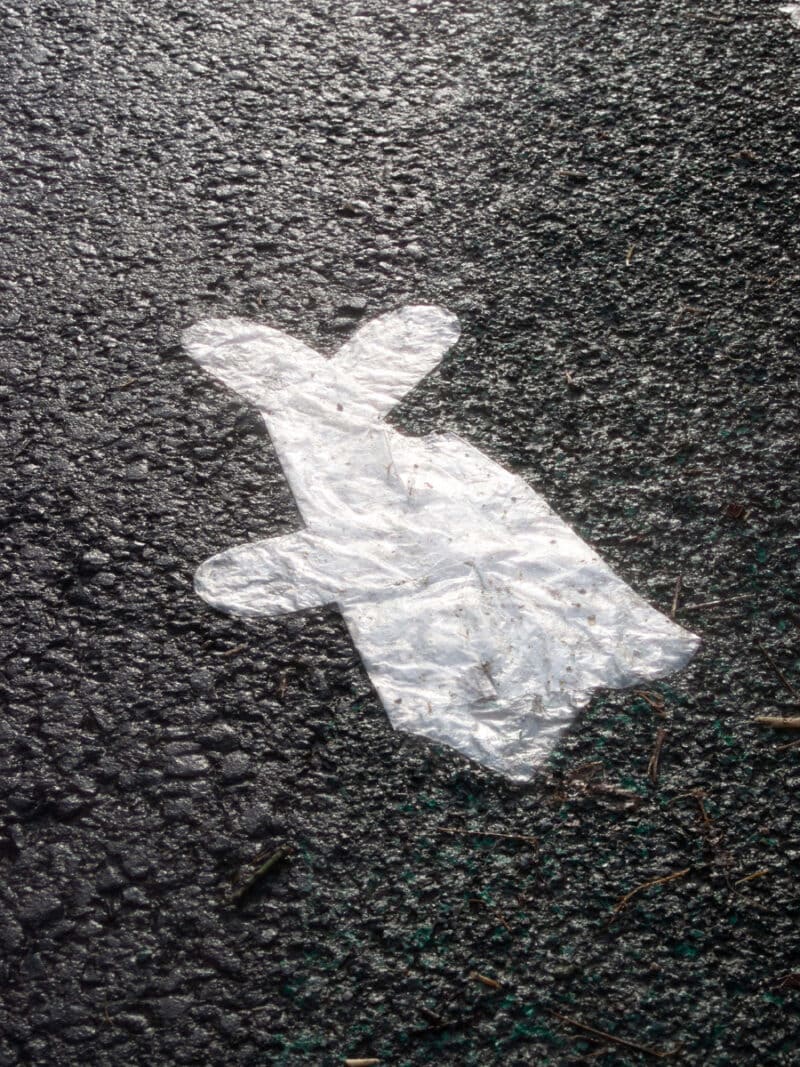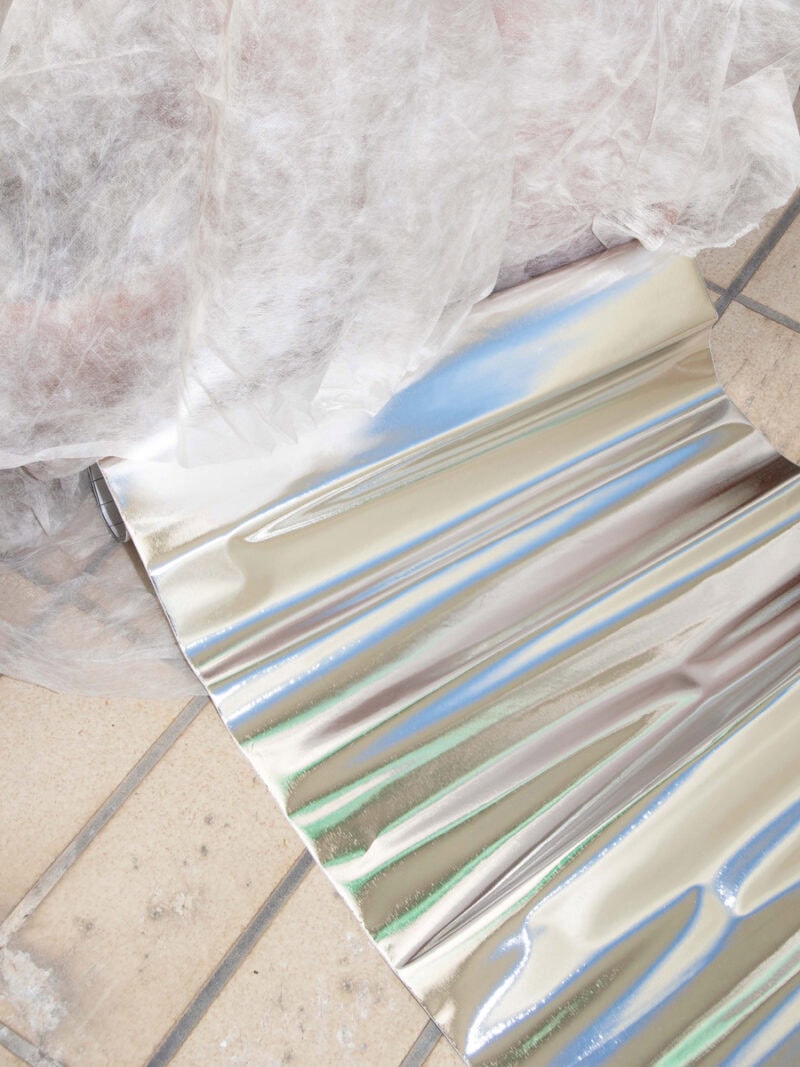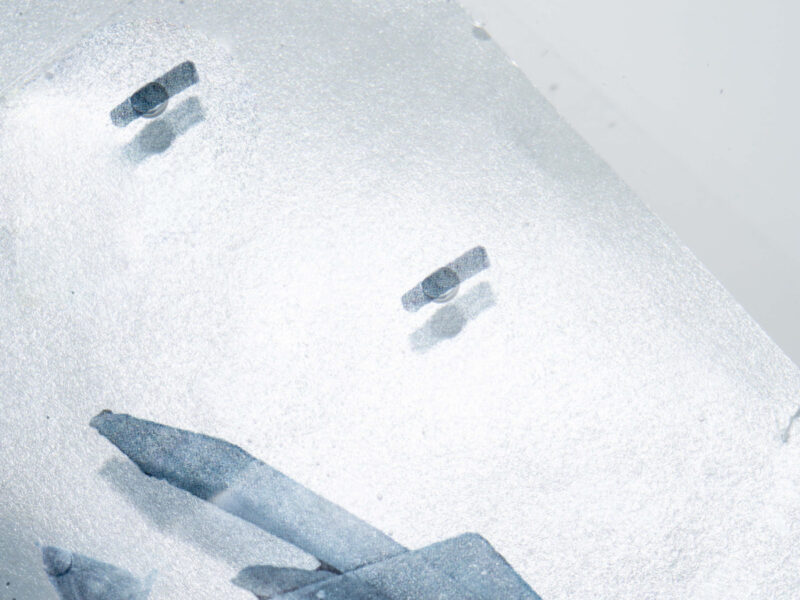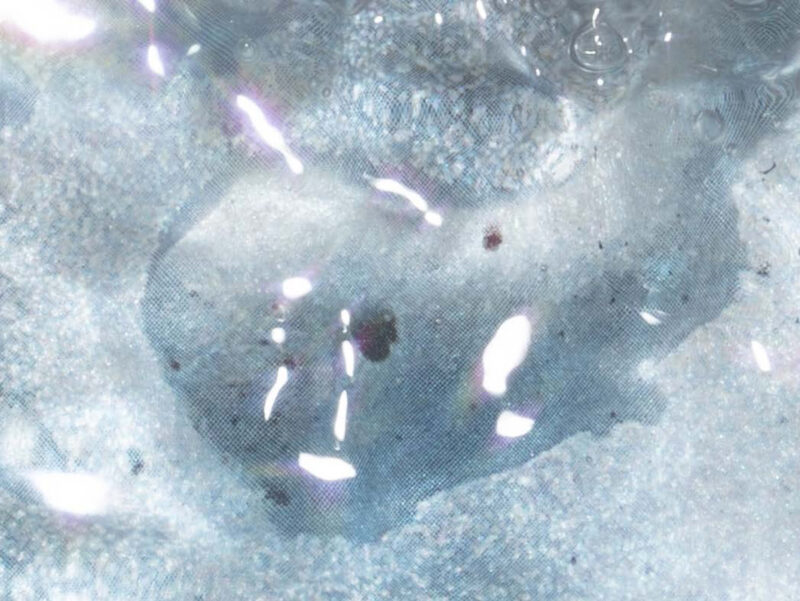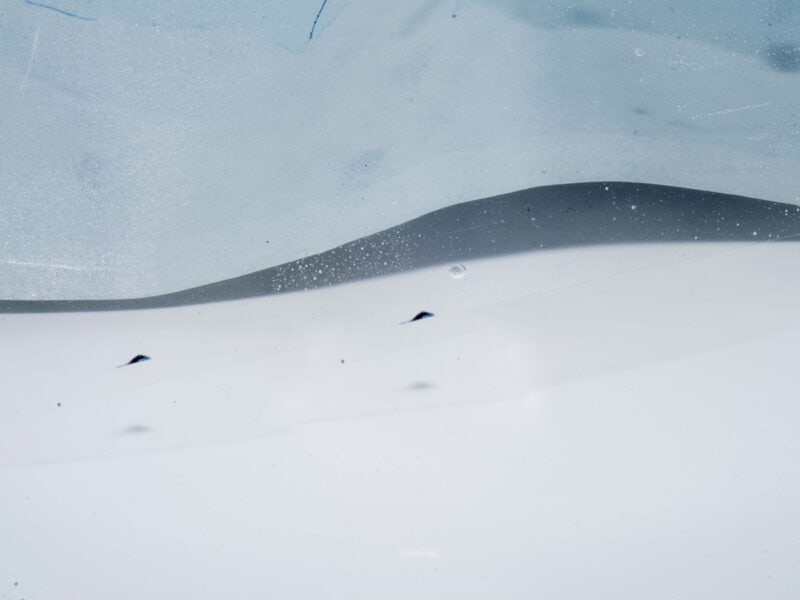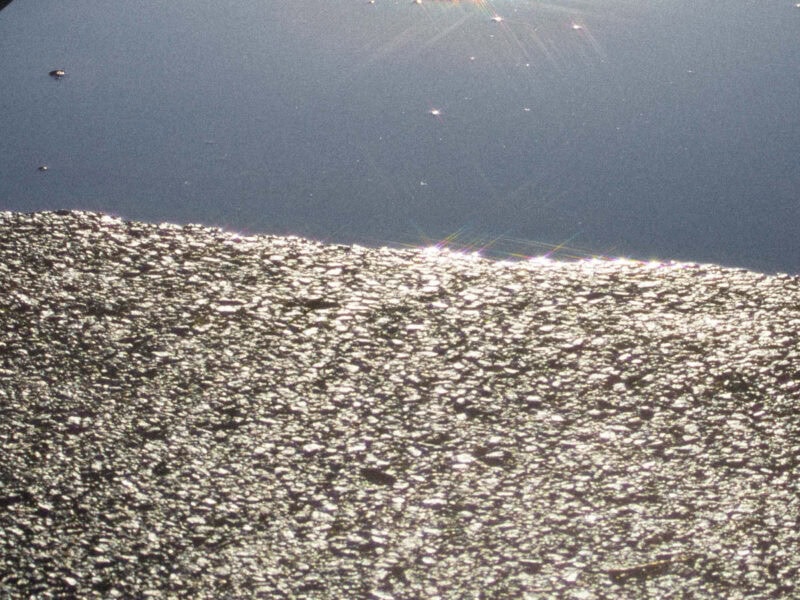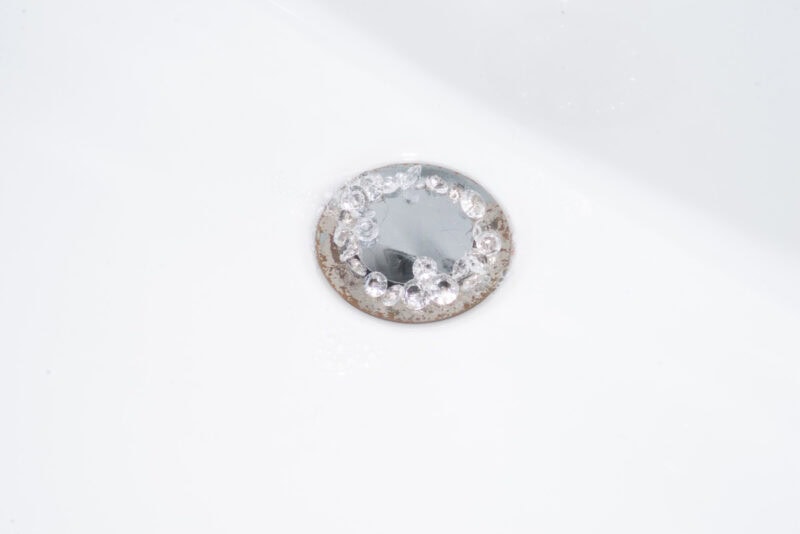Marina Marques was born the 22nd October of 1998 in Natal, Brazil but then she grew up in Italy. Based in visual arts and photography in Venice and Manchester, she is now attending the Visual Arts MA at Iuav, University of Venice.
Thanks to the year of residency at Fabrica undertaken between 2018 and 2019 she managed to expand and deepen various aspects of her research, thanks to some leading figures of contemporary art, photography and creativity such as Erik Kessels, Oliviero Toscani, Jonathan De Villiers, Tiziano Scarpa, Bruno Setola and many others that offered their perspective on the creative process. through horizontal learning, working in collaboration with her peers, she usually likes to cover a spot of editorial curatorship, favoring intimate and passionate work dynamics.
Through her practice and artistic research she likes to curate projects, concepts and desires arousing the tension between materiality and intangibility, invisibility and sensuality. In her works she often explore the performative potential of olfaction and touch in relation with photography, trying to problematize the eye-centric fruition of our everyday life.
About ‘Glinta’ – words by Marina Marques:
Why are we so attracted by shiny things?
Our ancestors were costantly looking for clean water, and to find it, they were searching the glimps of the sunlight reflected on it, identifiable even by miles away from the source.
The glint of light. Refractions that until today, catch our eyes no matter what.
Even if we no longer need to look for sources of clean water, the shininess of things came to us, like fallen stars, in the form of glitter. The plastic glitter, the one that is now the most common in trade, was created during the second war worldwide, by an American waste disposal technician. Because of an error of distraction, plastic and aluminum were shredded together, instead of separately, and they came out as a subtle shiny dust: glitter.
Glitter. A frivolous, superfluous, decorative substance that is therefore born, from waste. What we desire, we seek, it shines with reflected light. Water, glitter, glints of light. From refusal to decorative, from natural to artificial. From Macro to Micro. Aluminium cans on the street, after a rainy night and during a morning sun, they’re also bright and shiny. Our decorations come back to waste, our waste becomes decorative. What we no longer want, we throw away, but If it starts to glow, would we want it back?
